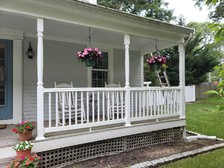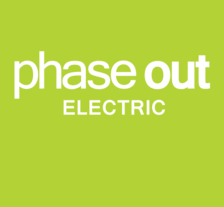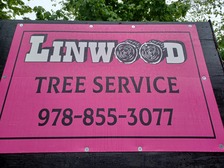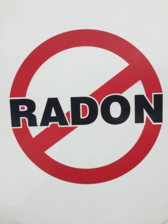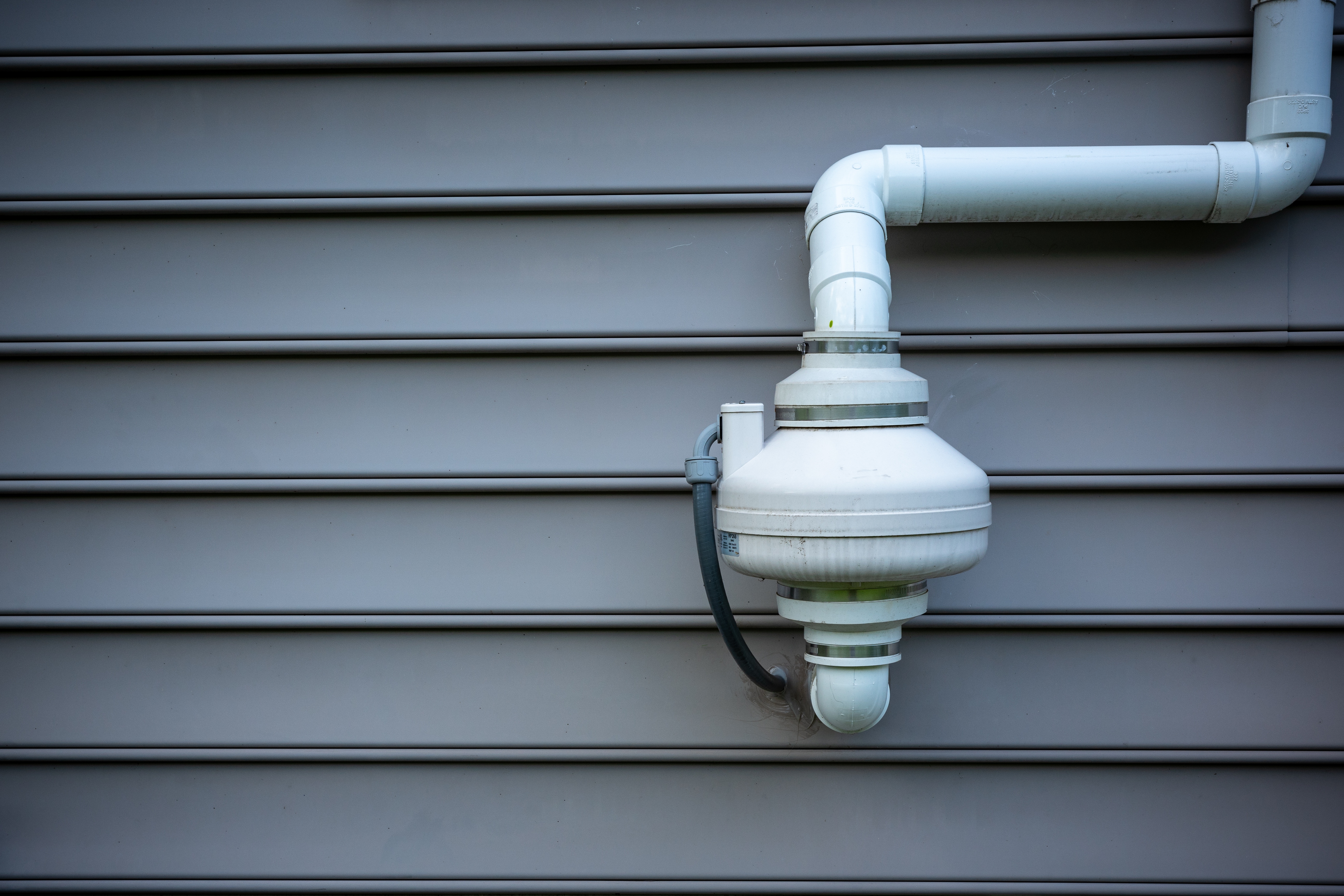
Get matched with top radon detection and reduction specialists in Wayland, MA
Enter your zip and get matched with up to 5 pros
Need a pro for your radon detection and reduction project in Wayland, MA?
Verified Reviews for Radon Detection And Reduction pros in Wayland, MA
*The Angi rating for Radon Detection And Reduction companies in Wayland, MA is a rating based on verified reviews from our community of homeowners who have used these pros to meet their Radon Detection And Reduction needs.
*The HomeAdvisor rating for Radon Detection And Reduction companies in Wayland, MA is a rating based on verified reviews from our community of homeowners who have used these pros to meet their Radon Detection And Reduction needs.
Last update on January 05, 2026
Find Radon detection and reduction specialists in Wayland
Radon Systems LLC
Radon Systems LLC
Guaranteed Results! Radon Systems LLC has installed over 20,000 successful Radon mitigation systems since 1985. Radon Systems LLC is one of the few full service Radon mitigation companies that remediate both Radon in air and Radon in water. We are state certified and fully insured. Radon Systems LLC is recognized by the National Environmental Health Association (NEHA) and the American Association of Radon Scientists and Technologists (AARST).
"Derick did a great clean job. I live in a ranch with an unfinished basement. Install took around 1 hour. Derick was punctual, professional and informative. System is doing its job!"
James P on July 2024
Guaranteed Results! Radon Systems LLC has installed over 20,000 successful Radon mitigation systems since 1985. Radon Systems LLC is one of the few full service Radon mitigation companies that remediate both Radon in air and Radon in water. We are state certified and fully insured. Radon Systems LLC is recognized by the National Environmental Health Association (NEHA) and the American Association of Radon Scientists and Technologists (AARST).
"Derick did a great clean job. I live in a ranch with an unfinished basement. Install took around 1 hour. Derick was punctual, professional and informative. System is doing its job!"
James P on July 2024
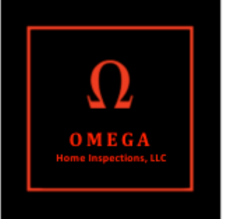
Omega Home Inspections, LLC
Omega Home Inspections, LLC
Omega Home Inspections understands that purchasing a home is one of the biggest investments that you will make. We provide objective home inspections with context to help you make informed buying decisions. Our home inspection reports are computer-generated and easy-to-read that will be made available to you within 24 - 48 hours of the inspection. The home inspection usually lasts about three hours, depending on the size of the home and systems to be inspected. You are not required to be present during the inspection but you are welcome to attend and follow along with the inspector. We are excited to work for you and ensure you are making a sound investment! (We are not structural engineers and do not do structural inspections, nor do we inspect mobile homes.)
"Stuart is professional, thorough, responsive and very knowledgeable. He patiently answered all of our questions throughout the inspection and we left feeling like we had a great understanding of the home we're buying. As for the inspection report itself, I intend to reference it for months and years to come as I prioritize improvements. Stuart was also able to turn the report around quickly to accommodate the timelines of our purchase. I would 100% recommend him to anyone in need of home inspection services."
Rashaad E on May 2021
Omega Home Inspections understands that purchasing a home is one of the biggest investments that you will make. We provide objective home inspections with context to help you make informed buying decisions. Our home inspection reports are computer-generated and easy-to-read that will be made available to you within 24 - 48 hours of the inspection. The home inspection usually lasts about three hours, depending on the size of the home and systems to be inspected. You are not required to be present during the inspection but you are welcome to attend and follow along with the inspector. We are excited to work for you and ensure you are making a sound investment! (We are not structural engineers and do not do structural inspections, nor do we inspect mobile homes.)
"Stuart is professional, thorough, responsive and very knowledgeable. He patiently answered all of our questions throughout the inspection and we left feeling like we had a great understanding of the home we're buying. As for the inspection report itself, I intend to reference it for months and years to come as I prioritize improvements. Stuart was also able to turn the report around quickly to accommodate the timelines of our purchase. I would 100% recommend him to anyone in need of home inspection services."
Rashaad E on May 2021

Above All Mold Removal
Above All Mold Removal
Dealing with mold can be a daunting and stressful experience for any family. At Above All, we truly understand the challenges and concerns that come with mold issues, and we're here to help. Our goal is to provide you with effective mold removal and remediation services that offer you peace of mind and restore a sense of security in your home. Our dedicated team of experts is committed to ensuring that your home remains a safe and healthy place for your family. We offer tailored air quality solutions designed to meet your specific needs, so you can breathe easier and feel confident about your living environment. We believe that every family deserves to live in a clean and healthy home, and that’s exactly what we aim to deliver. When you choose Above All, you’re choosing a partner who will treat your home with the utmost care and respect, just as if it were our own. Let us handle the mold issues so you can focus on what truly matters—enjoying your home and spending quality time with your loved ones. Trust Above All to provide the reliable and compassionate service you need to keep your home safe and healthy.
"Quite simply, above and beyond great work and customer service."
Ryan T on April 2025
Dealing with mold can be a daunting and stressful experience for any family. At Above All, we truly understand the challenges and concerns that come with mold issues, and we're here to help. Our goal is to provide you with effective mold removal and remediation services that offer you peace of mind and restore a sense of security in your home. Our dedicated team of experts is committed to ensuring that your home remains a safe and healthy place for your family. We offer tailored air quality solutions designed to meet your specific needs, so you can breathe easier and feel confident about your living environment. We believe that every family deserves to live in a clean and healthy home, and that’s exactly what we aim to deliver. When you choose Above All, you’re choosing a partner who will treat your home with the utmost care and respect, just as if it were our own. Let us handle the mold issues so you can focus on what truly matters—enjoying your home and spending quality time with your loved ones. Trust Above All to provide the reliable and compassionate service you need to keep your home safe and healthy.
"Quite simply, above and beyond great work and customer service."
Ryan T on April 2025
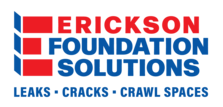
Erickson Foundation Solutions
Erickson Foundation Solutions
Erickson Foundation Solutions specializes in foundation repair and basement waterproofing systems. We have been helping homeowners in our community fix their homes since 1979. With the help of the Supportworks and Basement Systems dealer networks, we have access to the best materials and foundation solutions in the industry to efficiently and effectively solve any problem you might have in your basement. All of our technicians are professionally trained, so you can be sure that you’re receiving high standards of professionalism and courtesy at every turn. Do you have any foundation problems? We can help!
"The company is working with me."
Richard N on April 2025
Erickson Foundation Solutions specializes in foundation repair and basement waterproofing systems. We have been helping homeowners in our community fix their homes since 1979. With the help of the Supportworks and Basement Systems dealer networks, we have access to the best materials and foundation solutions in the industry to efficiently and effectively solve any problem you might have in your basement. All of our technicians are professionally trained, so you can be sure that you’re receiving high standards of professionalism and courtesy at every turn. Do you have any foundation problems? We can help!
"The company is working with me."
Richard N on April 2025
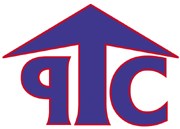
Pro Tech Consultants
Pro Tech Consultants
Pro-Tech Consultants Home Inspections is a firm that has successfully helped thousands of people since 1996 get the homes of their dreams. Obviously a thorough home inspection or condo inspection is vital in helping you determine if your investment is a sound one. The inspection is only as good as the home inspector performing it! Owner and principal inspector, Wayne E. Robbins, has 29 years of experience in residential construction, remodeling and home inspections. Cost determined by the job. Massachusetts state license number: 351, ASHI Certified Inspector. Award winning.
"Working with Wayne was a wonderful experience! In particular as first-time home buyers, his inspection process and reporting was easy to digest yet incredibly thorough. Would not hesitate to recommend him to anyone going through the home-buying process!"
Maura D on November 2021
Pro-Tech Consultants Home Inspections is a firm that has successfully helped thousands of people since 1996 get the homes of their dreams. Obviously a thorough home inspection or condo inspection is vital in helping you determine if your investment is a sound one. The inspection is only as good as the home inspector performing it! Owner and principal inspector, Wayne E. Robbins, has 29 years of experience in residential construction, remodeling and home inspections. Cost determined by the job. Massachusetts state license number: 351, ASHI Certified Inspector. Award winning.
"Working with Wayne was a wonderful experience! In particular as first-time home buyers, his inspection process and reporting was easy to digest yet incredibly thorough. Would not hesitate to recommend him to anyone going through the home-buying process!"
Maura D on November 2021
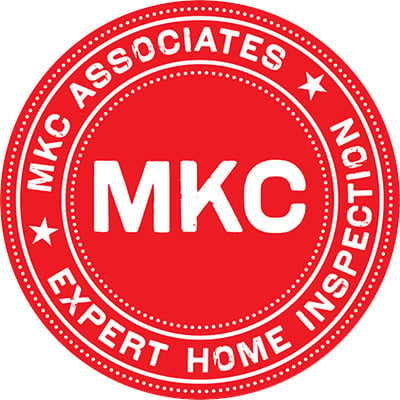
MKC Associates LLC
MKC Associates LLC
MKC Associates Home Inspection - The best way to know your home. Providing professional, thorough, licensed, budget-conscious home inspections for clients since 2005. We pride ourselves on our deep knowledge, experience, and most of all our client service. Clients appreciate our detailed, readable reports and attention to detail. We are dedicated to your understanding of the property we are inspecting. We take the time to get the job done, not rushing off to another appointment, and we are ready to field any question you might have.
"Morgan is a super detailed inspector. He focuses a lot on examining the details of a house, making numerous suggestions on how to fix the major and minor issues. In addition, he is very patient in explaining the problems. I highly recommend Morgan as your inspector if you need a home inspection. I will definitely work with him in the future."
Po-Cheng L on September 2023
MKC Associates Home Inspection - The best way to know your home. Providing professional, thorough, licensed, budget-conscious home inspections for clients since 2005. We pride ourselves on our deep knowledge, experience, and most of all our client service. Clients appreciate our detailed, readable reports and attention to detail. We are dedicated to your understanding of the property we are inspecting. We take the time to get the job done, not rushing off to another appointment, and we are ready to field any question you might have.
"Morgan is a super detailed inspector. He focuses a lot on examining the details of a house, making numerous suggestions on how to fix the major and minor issues. In addition, he is very patient in explaining the problems. I highly recommend Morgan as your inspector if you need a home inspection. I will definitely work with him in the future."
Po-Cheng L on September 2023

Paul Cornell & Associates
Paul Cornell & Associates
Additional service area: entire area except portions of cohasset-plymouth, fitchburg-leominster, manchester-nashua & worcester.
"Highly recommend Paul and Bill Cornell for your home inspection. They were very thorough and took the time to answer my many questions and walk me through his concerns. Paul was also accessible for follow up questions and provided me with honest answers and opinion. All of my future home inspections will be done by Paul Cornell!"
Tony S on October 2020
Additional service area: entire area except portions of cohasset-plymouth, fitchburg-leominster, manchester-nashua & worcester.
"Highly recommend Paul and Bill Cornell for your home inspection. They were very thorough and took the time to answer my many questions and walk me through his concerns. Paul was also accessible for follow up questions and provided me with honest answers and opinion. All of my future home inspections will be done by Paul Cornell!"
Tony S on October 2020
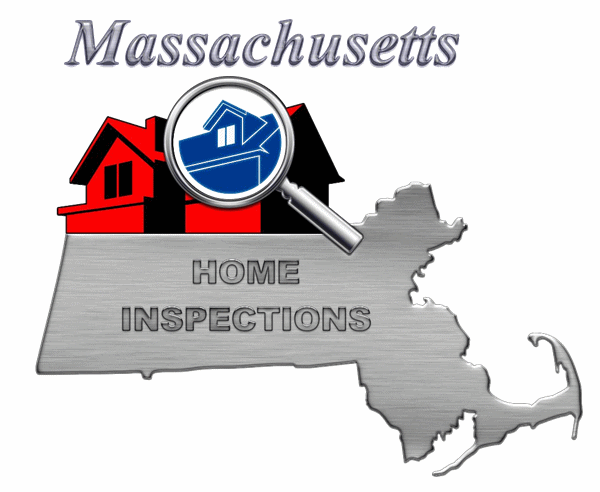
Massachusetts Home Inspections
Massachusetts Home Inspections
Certified Master Home inspector for Buyers and Sellers in North Eastern Massachusetts. Fully insured. Thermal (infrared) Imaging, Aerial drone videos, Termite inspection, Radon testing, and Water quality testing. FHA/VA approved inspections. Member, International Association of Certified Home Inspectors. I intend to be your "Building consultant for life". I have one goal in mind, consumer protection and education. Call me direct at (978) 685-1909. Additional email - [email protected]. Additional DBA - Massachusetts Infrared Imaging. Additional service areas - All cities and counties inside Route 495.
"My husband and I used David in the spring for the home inspection on a property we ended up purchasing. He was easy to get ahold of, available quickly, and incredibly knowledgeable. We purchased an almost 4000 square foot, 135 year old home, and David went out of his way to check every square inch of that property. He arrived early and had already checked the exterior by the time we got there to join him. He was excellent to deal with, made the process painless, and had some great advice for my husband and I as new homeowners. The follow up email with his report was detailed and included photos of every part of the house. His pricing was also very reasonable, especially considering the size of the home. Highly recommend!"
Mary W on December 2025
Certified Master Home inspector for Buyers and Sellers in North Eastern Massachusetts. Fully insured. Thermal (infrared) Imaging, Aerial drone videos, Termite inspection, Radon testing, and Water quality testing. FHA/VA approved inspections. Member, International Association of Certified Home Inspectors. I intend to be your "Building consultant for life". I have one goal in mind, consumer protection and education. Call me direct at (978) 685-1909. Additional email - [email protected]. Additional DBA - Massachusetts Infrared Imaging. Additional service areas - All cities and counties inside Route 495.
"My husband and I used David in the spring for the home inspection on a property we ended up purchasing. He was easy to get ahold of, available quickly, and incredibly knowledgeable. We purchased an almost 4000 square foot, 135 year old home, and David went out of his way to check every square inch of that property. He arrived early and had already checked the exterior by the time we got there to join him. He was excellent to deal with, made the process painless, and had some great advice for my husband and I as new homeowners. The follow up email with his report was detailed and included photos of every part of the house. His pricing was also very reasonable, especially considering the size of the home. Highly recommend!"
Mary W on December 2025
All Out Deleading
All Out Deleading
With over 20 years of experience we specialize in everything from high risk to low risk, residential and commercial deleading work. We are a full service deleading company and handle all aspects of the process from lead removal, replacement, and encapsulation, to restoration. We are skilled in all aspects of home improvement and home renovation including interior and exterior painting as well. We can also provide original window restoration and complete window replacement. Fully licensed and insured. Covering all of Massachusetts. New window showroom opening soon. Free estimates, no travel charges.
"Peter and his crew were great. Peter was prompt in responding to my inquiry and came out to the house to walk through the lead report and work that needed to be done with me. He gave me a number of options for remediating things and showed me where we could do things in a less expensive manner--explaining the costs and benefits of the different approaches. For example, in one area he told me it was going to cost a significant amount for him to remediate and that it would ultimately be much cheaper for me to replace a section of wood railing instead of remediating the paint. This was to my benefit and his detriment, so I really appreciated it. His crew remediated 15 historic windows and they fixed some cracked panes of glass without my even asking. Peter was very fair, always in communication, and they completed the work promptly and professionally. I highly recommend."
Josh L on October 2023
With over 20 years of experience we specialize in everything from high risk to low risk, residential and commercial deleading work. We are a full service deleading company and handle all aspects of the process from lead removal, replacement, and encapsulation, to restoration. We are skilled in all aspects of home improvement and home renovation including interior and exterior painting as well. We can also provide original window restoration and complete window replacement. Fully licensed and insured. Covering all of Massachusetts. New window showroom opening soon. Free estimates, no travel charges.
"Peter and his crew were great. Peter was prompt in responding to my inquiry and came out to the house to walk through the lead report and work that needed to be done with me. He gave me a number of options for remediating things and showed me where we could do things in a less expensive manner--explaining the costs and benefits of the different approaches. For example, in one area he told me it was going to cost a significant amount for him to remediate and that it would ultimately be much cheaper for me to replace a section of wood railing instead of remediating the paint. This was to my benefit and his detriment, so I really appreciated it. His crew remediated 15 historic windows and they fixed some cracked panes of glass without my even asking. Peter was very fair, always in communication, and they completed the work promptly and professionally. I highly recommend."
Josh L on October 2023
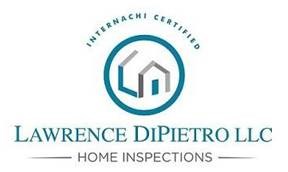
Lawrence DiPietro LLC
Lawrence DiPietro LLC
One of the most highly trained and qualified home inspectors in the area. 35+ years experience in home inspection, radon detection/reduction, construction, and engineering. My home inspections and reports are second-to-none. I also provide home buyers with cost effective and sound advice on how to maintain their homes. In addition to being a licensed home inspector (MA, NH & CT), I am also a licensed contractor, electrician, plumber, gas fitter, oil burner technician and air conditioner technician. I am also an engineer with BS and MS degrees in Mechanical Engineering. Member of ASHI (American Society of Home Inspectors) and InterNACHI (International Assoc. of Certified Home Inspectors).
"Larry did a great job! He is very thorough , very patient to explain every detail to me. Even though the house is new construction, he still found out a bunch of problems. He is very helpful, I would recommend him to my friends."
Hannah Z on January 2018
One of the most highly trained and qualified home inspectors in the area. 35+ years experience in home inspection, radon detection/reduction, construction, and engineering. My home inspections and reports are second-to-none. I also provide home buyers with cost effective and sound advice on how to maintain their homes. In addition to being a licensed home inspector (MA, NH & CT), I am also a licensed contractor, electrician, plumber, gas fitter, oil burner technician and air conditioner technician. I am also an engineer with BS and MS degrees in Mechanical Engineering. Member of ASHI (American Society of Home Inspectors) and InterNACHI (International Assoc. of Certified Home Inspectors).
"Larry did a great job! He is very thorough , very patient to explain every detail to me. Even though the house is new construction, he still found out a bunch of problems. He is very helpful, I would recommend him to my friends."
Hannah Z on January 2018
The Wayland, MA homeowners’ guide to radon detection and reduction services
From average costs to expert advice, get all the answers you need to get your job done.
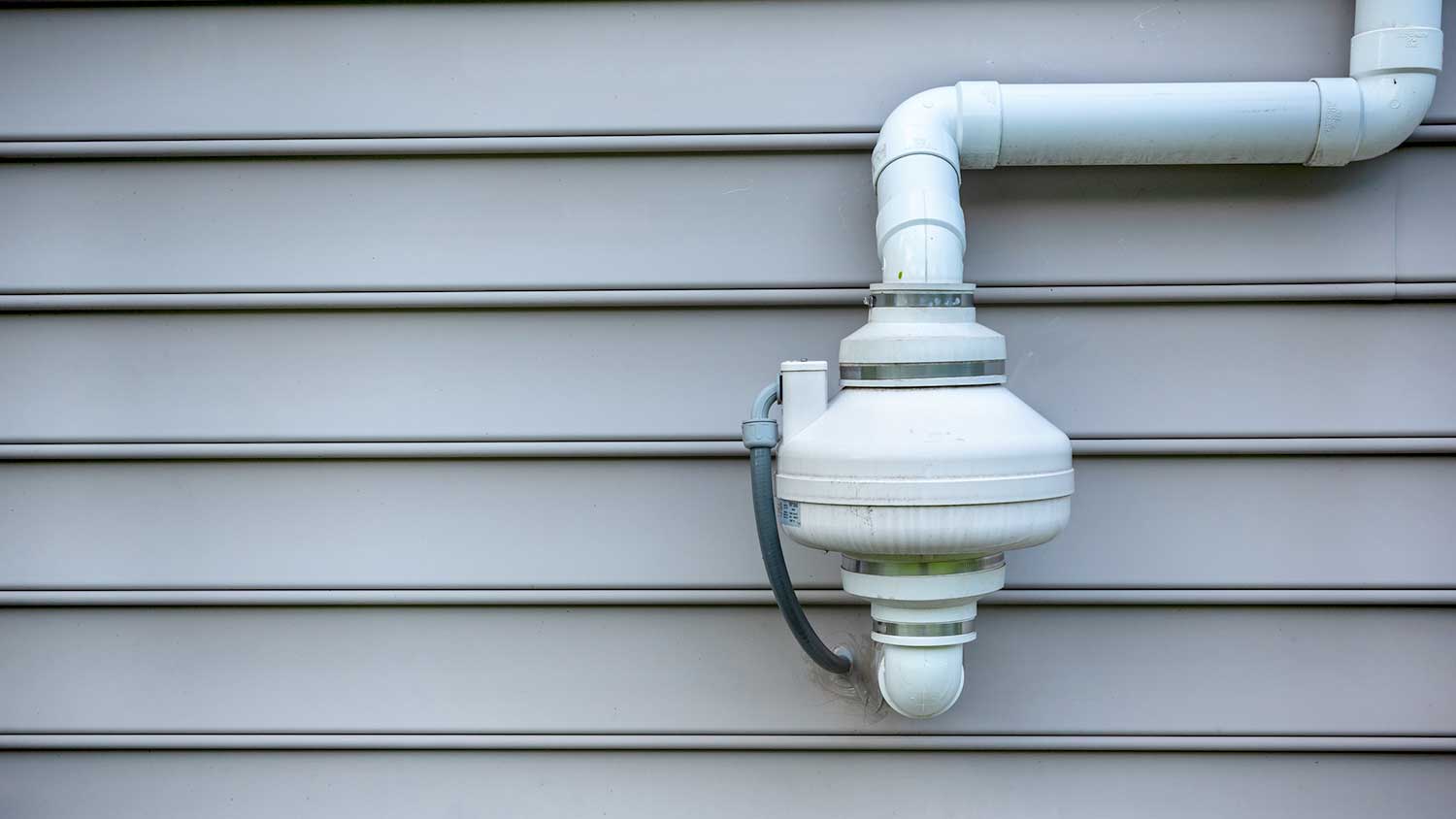
Get clear answers on how much radon remediation costs, including average prices, key cost factors, and tips to save money on your home’s radon mitigation.
 •
•Discover the average indoor air quality testing cost, what impacts pricing, and how to budget for healthier air in your home.
 •
•Find out what impacts radon testing costs, including average prices for DIY kits and professional services, so you can protect your home and budget confidently.

How long does a radon mitigation system last? A properly installed and maintained system can last 20 years or more, but various issues can reduce the life span.

Radon is a gas that you can't see or smell and is harmful to your health. If your home has radon, you need to know who installs radon mitigation systems.
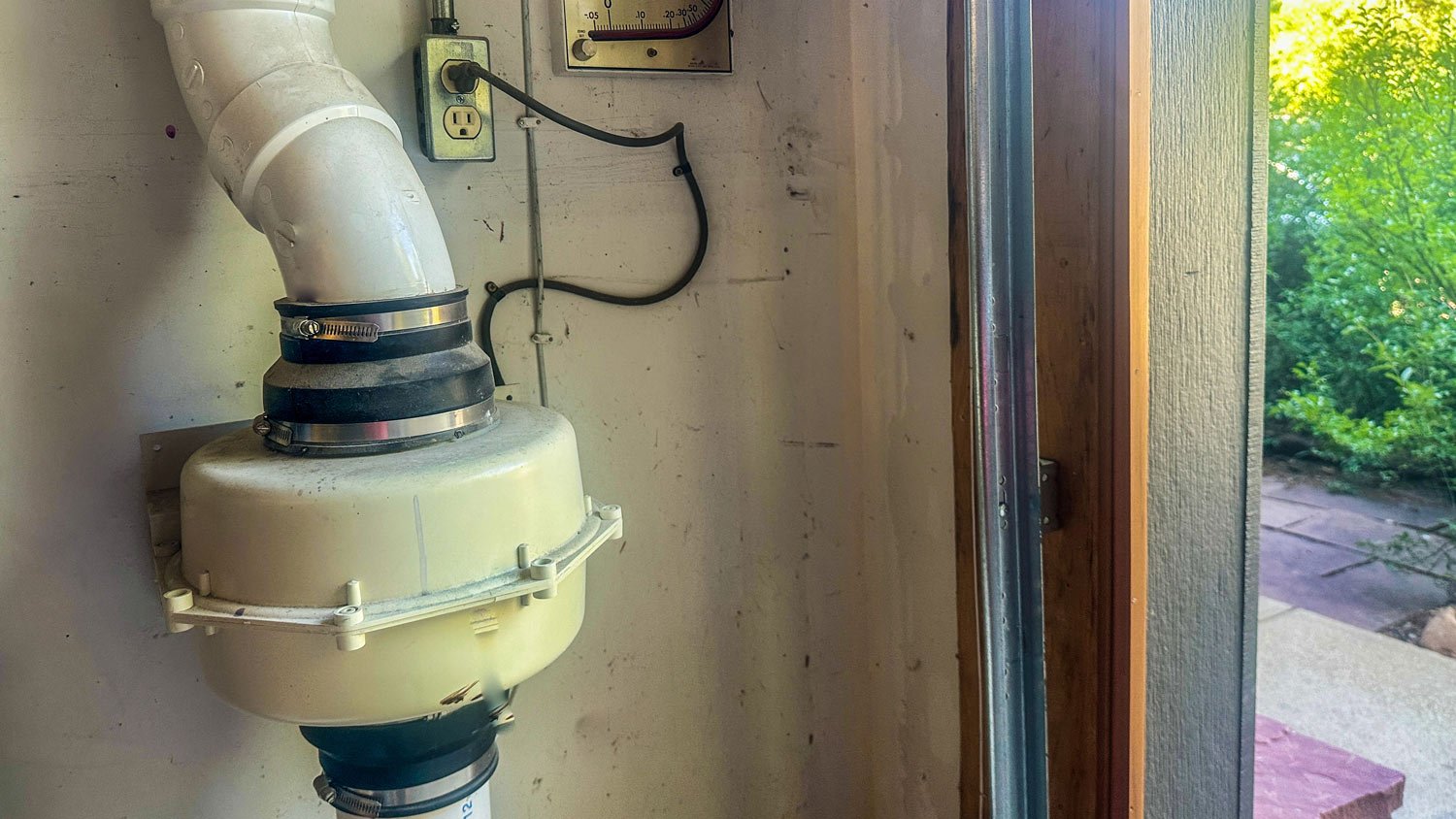
Radon is a radioactive gas that can enter a home from the ground. Prepare yourself for mitigation by answering these questions before hiring a pro.
- Weston, MA Radon detection and reduction specialists
- Sudbury, MA Radon detection and reduction specialists
- Lincoln, MA Radon detection and reduction specialists
- Natick, MA Radon detection and reduction specialists
- Framingham, MA Radon detection and reduction specialists
- Newton Lower Falls, MA Radon detection and reduction specialists
- Wellesley, MA Radon detection and reduction specialists
- Wellesley Hills, MA Radon detection and reduction specialists
- Auburndale, MA Radon detection and reduction specialists
- Waltham, MA Radon detection and reduction specialists
- Maynard, MA Radon detection and reduction specialists
- Concord, MA Radon detection and reduction specialists
- West Newton, MA Radon detection and reduction specialists
- Waban, MA Radon detection and reduction specialists
- Newtonville, MA Radon detection and reduction specialists
- Newton, MA Radon detection and reduction specialists
- Hanscom Afb, MA Radon detection and reduction specialists
- Needham Heights, MA Radon detection and reduction specialists
- Newton Upper Falls, MA Radon detection and reduction specialists
- Needham, MA Radon detection and reduction specialists
- Newton Highlands, MA Radon detection and reduction specialists
- Fayville, MA Radon detection and reduction specialists
- Stow, MA Radon detection and reduction specialists
- Bedford, MA Radon detection and reduction specialists
- Sherborn, MA Radon detection and reduction specialists
- Ashland, MA Radon detection and reduction specialists
- Southborough, MA Radon detection and reduction specialists
- Marlborough, MA Radon detection and reduction specialists
- Lexington, MA Radon detection and reduction specialists
- Newton Center, MA Radon detection and reduction specialists
- 🌱 "Mow a small front yard"
- 🛠 "Fix a leaking pipe under the sink"
- 🏠 "Repair shingles on an asphalt roof"

